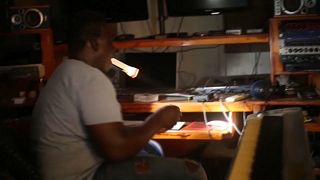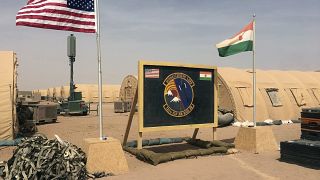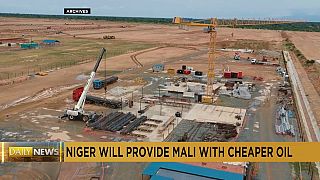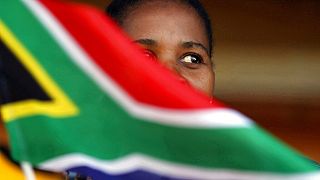Niger
Clients building up reserves of gas bottle at depots has become a common scene in Niamey.
These past few weeks, service stations acting as distributors and wholesalers have seen their deliveries plunge. Some now take delivery of 1 tanker a week instead of the normal 3.
Nigeriens are living through a liquefied petroleum gas shortage. The government has therefore banned all exports.
"The government is right. It is not normal to enable the export of a product while locals need it and that we do have gas," Abdoul-Wahab Issaka a gas vendor says.
A statement published on Tuesday read that export of liquefied petroleum gas will only be possible in case of surplus and following a special authorization.
Economist Moustapha kadi explains HOW this situation came to be.
"Niger produces around 6 tankers of butane gas a day. Generally, this production is distributed through the operators [...] We are talking about half of this production which is sold by our partners to external operators or frequently sold to national operators which then export gas to Nigeria to name just one country. Since the government has banned the export, our concern is how to meet demand which is very high nowadays."
Indeed, securing the production of liquefied petroleum gas is a challenge amid a backdrop of antiterrorism fight, sanctions and intense power cuts.
According to a report by the Petroleum minister, LPG exports peaked in 2013 and 2014, before becoming "almost nil in 2019 and 2020" with "increasing domestic demand".
The government had subsidized LPG as an incentive for Nigeriens to stop using wood and support the fight against desertification.










01:02
Pics of the day: April 24, 2024
00:46
Niger-Benin pipeline: First drops of oil arrive at Sémè Kraké
01:58
About 15 million Sudanese in need of urgent health assistance
01:28
Nigeria's crude oil output goes down again in March - OPEC
Go to video
US says it has not received a formal request by Niger junta to leave military bases
Go to video
US holds out hope for partnership with Niger